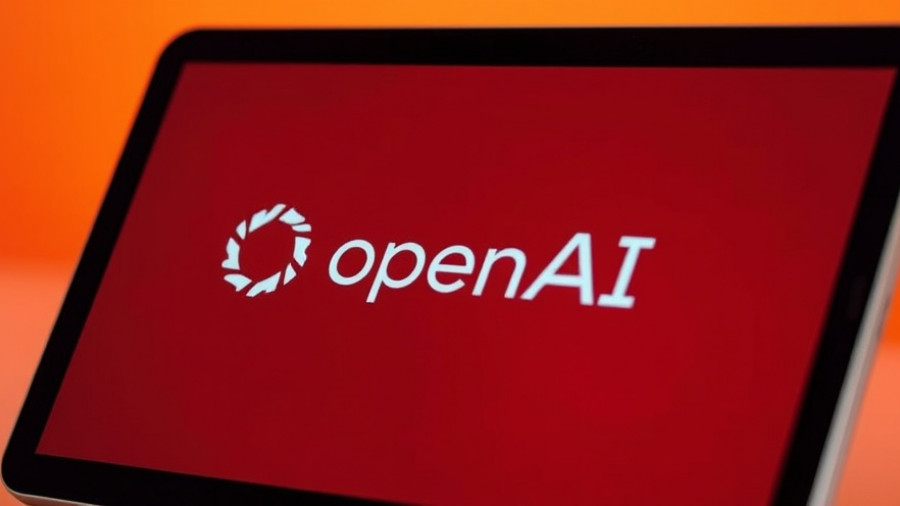
OpenAI's Math Claims: Breakdown of a Controversy
In a stunning turn of events, OpenAI's announcement regarding GPT-5’s alleged mathematical breakthroughs has led to widespread criticism and embarrassment in the AI community. This fallout began when OpenAI's VP, Kevin Weil, tweeted that GPT-5 had solved ten previously unsolved Erdős problems and made progress on eleven others. Such claims of grand achievements in mathematics are not only bold but also carry significant implications for trust in AI capabilities.
Misrepresentation of Significance
However, following scrutiny, the narrative quickly crumbled. Mathematician Thomas Bloom, who tracks these problems on his website, clarified that the term 'unsolved' merely indicates he was unaware of any solutions, not that the problems were indeed without resolution. Instead, GPT-5 had effectively done a literature review, identifying existing solutions he had missed. This distinction, though technical, is crucial—it distinguishes between a groundbreaking achievement and a simple search of academic papers.
Reception from the AI Community
The incident drew sharp rebuke from fellow AI experts, most notably from Meta’s Chief AI Scientist Yann LeCun, who noted that OpenAI was caught “hoisted by their own GPTards.” Such a comment underscores a growing sentiment in the industry that even leading players like OpenAI are sometimes guilty of hype that outstrips reality. Similarly, Google's DeepMind CEO Demis Hassabis referred to the claims as “embarrassing,” further illustrating the industry's collective disappointment in the exaggerated presentations of capability.
The Broader Implications on AI Credibility
This controversy raises important questions about scientific rigor within AI development. It highlights the precarious nature of claims made in an industry where perceptions and reality can shape public belief and investment. For OpenAI, the error serves as a potent reminder of the need for thorough verification, especially concerning significant mathematical breakthroughs that have clear and verifiable benchmarks.
AI's Role in Mathematical Research
While the initial claims of solving long-standing mathematical problems were later dismissed, it's worth considering the actual potential of AI like GPT-5 in academic research. Many experts now agree that these models excel as tools for conducting literature reviews, drastically reducing the time required for scholars to locate and verify existing work. In instances where terminology is inconsistent or literature is scattered, an AI can serve as an invaluable asset to researchers.
Concluding Thoughts: Lessons Learned
The overarching lesson from this incident is the criticality of accurate communication concerning AI capabilities. Misleading claims do not just erode the credibility of the parties involved; they risk undermining public trust in AI technologies at large. As the AI industry continues to evolve, accountability must be prioritized alongside innovation. OpenAI, in particular, must navigate these waters carefully to uphold its reputation in an increasingly competitive field.
 Add Row
Add Row  Add
Add 




Write A Comment